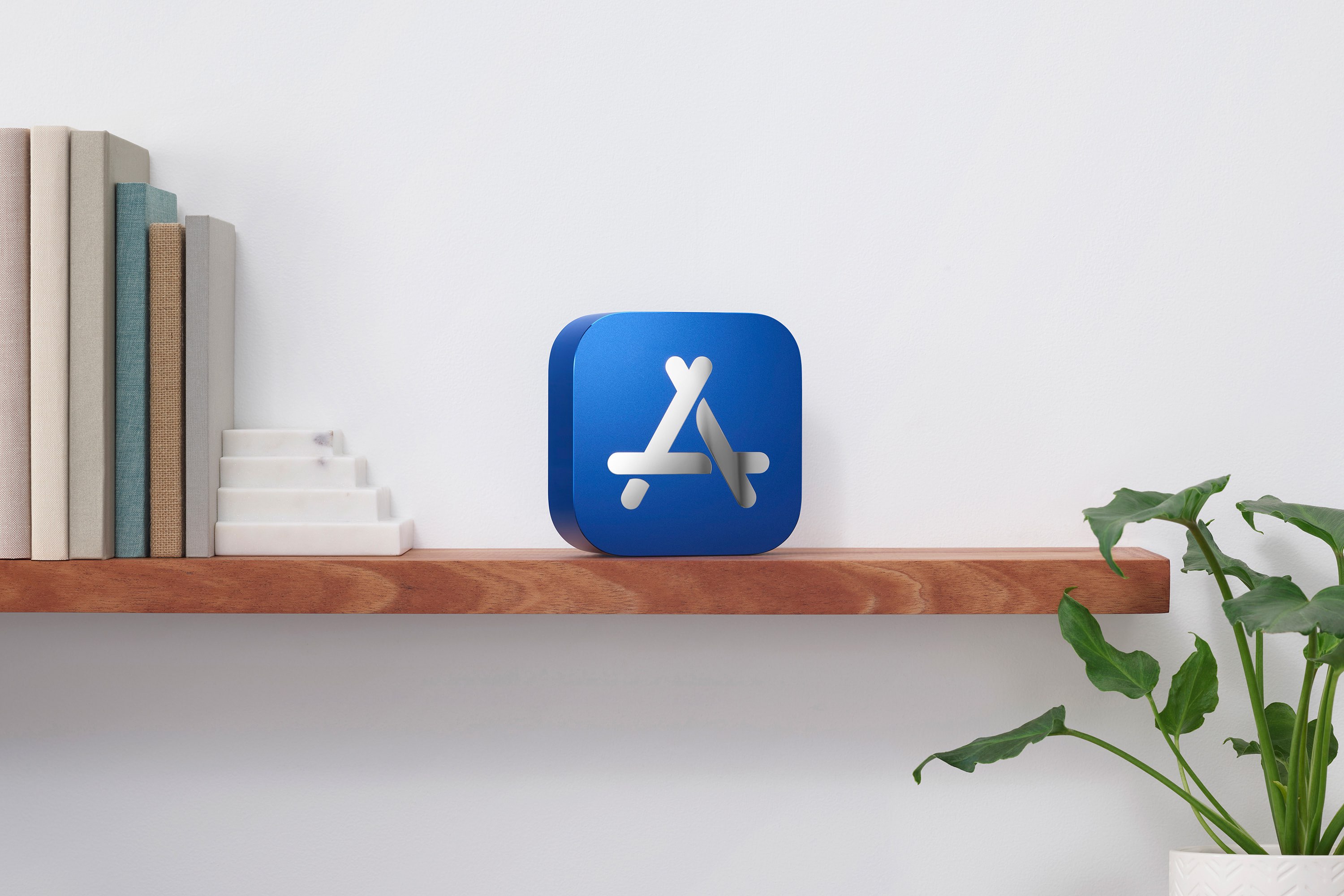Back in September of this year, the judge tasked with overseeing the Epic Games vs. Apple trial came to a decision. Among other things, the judge ruled that Apple must allow for alternative payment options within the App Store. This, as you can imagine, did not go over well with Apple, as it means the company has to change a fundamental aspect of its digital storefront moving forward.

However, Apple appealed that part of the decision made by the judge. That happened in the beginning stages of October. And while Apple championed the judge’s other rulings regarding Epic Games, it’s this one decision that has the potential to have the most lasting changes for Apple. Hence the appeal.
Tonight, following a hearing regarding the lawsuit, judge Yvonne Gonzalez Rogers said that Apple now has a deadline to follow suit with the initial ruling: December 9, 2021. On that date, as everything stands right now, Apple must have in place a means for developers to add links and/or buttons in their apps to allow for external payment options. Payment options that avoid Apple’s first-party payment system.
The judge said, “Apple’s motion is based on a selective reading of this Court’s findings and ignores all of the findings which supported the injunction.” That motion was Apple’s initial appeal, which the judge has denied Apple’s stay.
Apple’s attorney, Mark Perry, said during the trial that Apple simply needs more time to draft anti-steering policies regarding third-party payment options. Specifically, those anti-steering policies are meant to prevent developers from adding links and/or buttons in their apps pointing to third-party payment options. He went on, according to The Verge:
This will be the first time Apple has ever allowed live links in an app for digital content. It’s going to take months to figure out the engineering, economic, business, and other issues. It is exceedingly complicated. There have to be guardrails and guidelines to protect children, to protect developers, to protect consumers, to protect Apple. And they have to be written into guidelines that can be explained and enforced and applied.
And, of course, Perry would also add that these changes will not only harm iOS users, but also developers:
We believe that these changes, if Apple is forced to implement them, will upset the platform. They will harm consumers. They will harm developers. That is a fact. It is going to happen.
The judge’s decision tonight seems to be in part because of the way Apple requested that stay in its appeal. Specifically, while Apple said it was simply trying to draft new policies, Apple’s requested injunction did not have a time limit on it. It was an indefinite injunction, which, if allowed, would give Apple years to do effectively nothing while it “investigated” changes and theoretically drafted up new rules and regulations for the App Store.
Per the judge:
You haven’t asked for additional time. You’ve asked for an injunction which would effectively take years. You asked for an across-the-board stay which could take 3, 4, 5 years.
According to Perry, that wasn’t the case. Apple was simply just looking to wait out the full resolution of the case, because the company was “confident” it would win the appeal.
The judge said Apple’s efforts to have “an open-ended stay with no requirement that it make any effort to comply” was not going to work. Moreover, she said that “Apple has provided no credible reason for the Court to believe that the injunction would cause the professed devastation.”
Apple isn’t giving up, though. It has already confirmed it will be making another appeal, this time to the Ninth Circuit seeing as they could not get one from judge Yvonne Gonzalez Rogers.
A spokesperson for Apple said:
Apple believes no additional business changes should be required to take effect until all appeals in this case are resolved. We intend to ask the Ninth Circuit for a stay based on these circumstances.
So, will the Ninth Circuit grant Apple’s hopes here? We will have to wait and see. But, as it stands right now, the company has a deadline to make some huge, sweeping changes to the App Store. Something it is also dragging its feet on in South Korea, where it has also been forced to make similar changes.